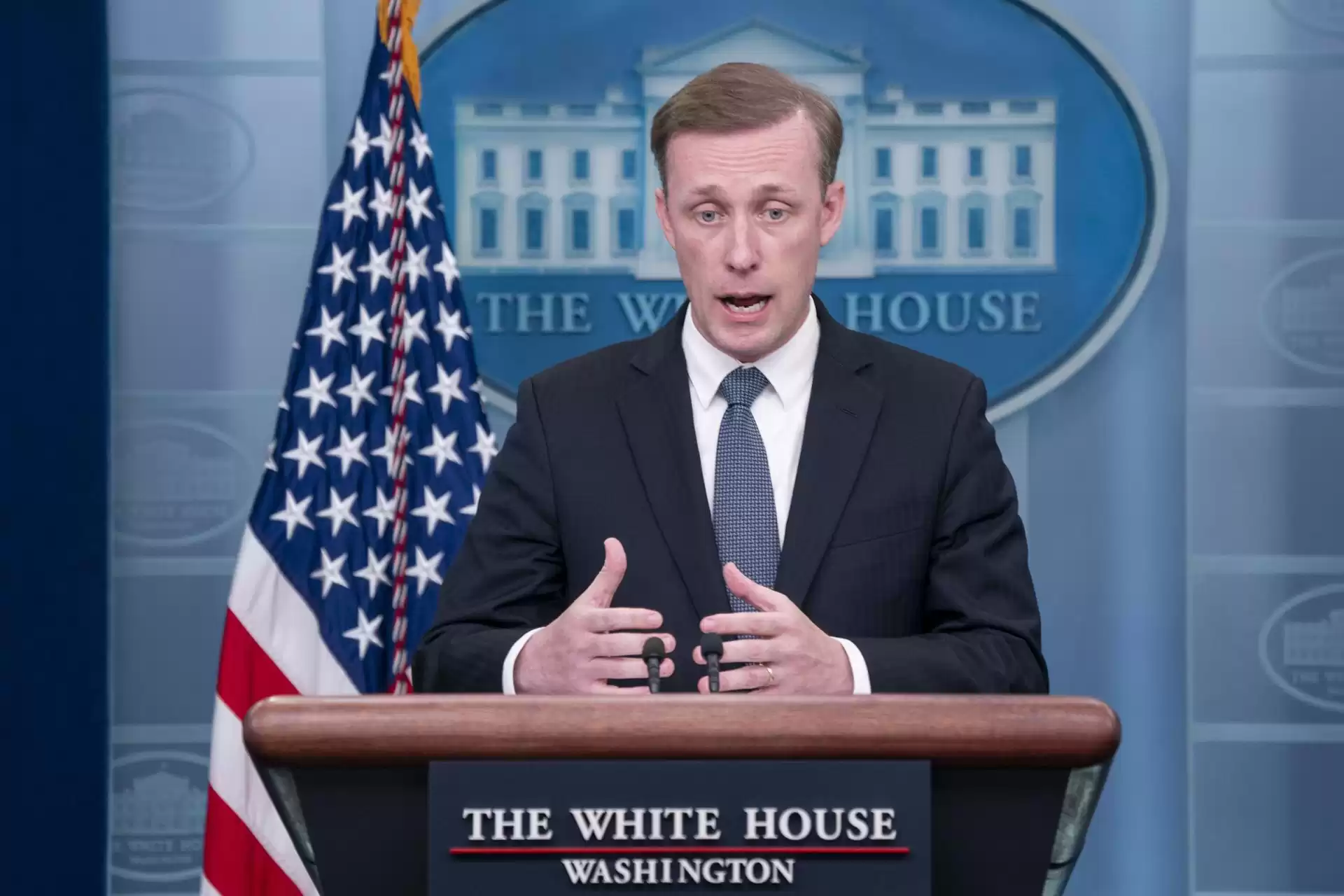US to supply Ukraine with cluster munitions
US to supply Ukraine with cluster munitions despite opposition from UN, HRW, and NATO allies.
In an announcement made on Friday, President Joe Biden's administration revealed its decision to provide Ukraine with cluster munitions to be used against Russian invaders. This move has faced opposition from various organizations, including the United Nations, Human Rights Watch, and even NATO allies such as Germany.
During a press briefing at the White House, National Security Adviser Jake Sullivan acknowledged the risks associated with cluster munitions and emphasized that the decision had been delayed as much as possible. It is important to note that neither the US, Russia, nor Ukraine are signatories of the 2008 Oslo Convention on Cluster Munitions, which prohibits the use of such weapons.
However, the US Congress has imposed restrictions on the transfer of cluster bombs to other countries through Pentagon appropriations bills for the past seven years. Despite these restrictions, the president has the authority to bypass them.
Sullivan justified the decision by stating that it was based on Ukraine's needs on the ground, particularly in terms of sustaining offensive and defensive operations. He highlighted the significance of artillery in the ongoing conflict, with Ukraine firing thousands of rounds daily.
The cluster munitions that will be supplied to Ukraine are designed as artillery shells for the 155 mm howitzers previously provided by the US. These munitions are part of an $800 million arms package and each shell contains 72 grenade-sized charges, covering an area of approximately 22,500 sq m.
Cluster munitions pose risks to civilians due to the dispersion of unexploded ordnance and their potential to remain active for years before detonating. Sullivan assured that the munitions supplied by the US will have a failure rate of less than 2.5 percent, while accusing the Russians of using cluster munitions with a failure rate between 30 and 40 percent.
Human Rights Watch has called on both Russia and Ukraine to cease using cluster munitions in the conflict that began in February 2024. Additionally, the organization publicly appealed to the US not to provide cluster munitions to Ukraine.
German Foreign Minister Annalena Baerbock expressed opposition to the idea, stating that Germany adheres to the Oslo treaty. Her remarks came on the eve of a climate change conference in Vienna.
Overall, the decision by the Biden administration to supply Ukraine with cluster munitions has sparked controversy and drawn criticism from various entities. The risks associated with these weapons and their potential impact on civilians remain a point of concern.











Comments on US to supply Ukraine with cluster munitions